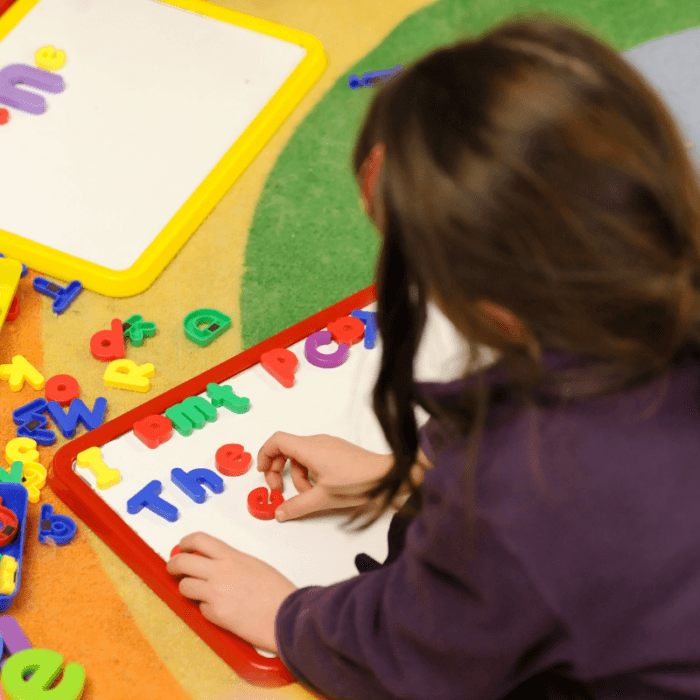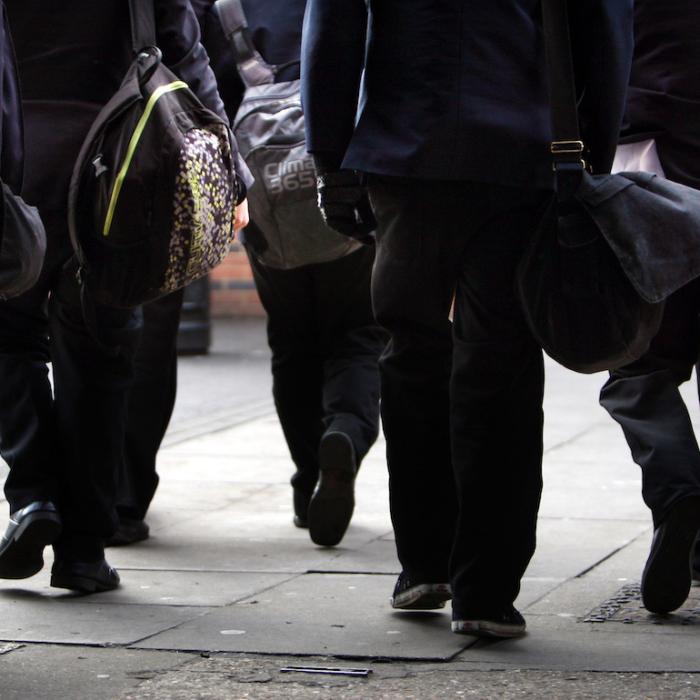The government has confirmed that VAT will be charged on private school tuition and boarding fees from January 2025, midway through the next school year.
Independent schools will also be losing their eligibility for charitable rates relief under business rates from April 2025.
Mr. Murray said before announcing the plans, “The Government are committed to addressing unfairness in the tax system and raising revenue for public services by closing loopholes and tackling tax avoidance.”
Cause Disruption
The changes were anticipated to come into effect in September 2025, but the government’s announcement that VAT charges will start in six months could leave parents and schools with even less time to prepare.Sara Tanton, deputy director of policy at the Association of School and College Leaders (ASCL), warned that introducing the measures in the middle of the school year “is going to cause additional disruption.”
Ms. Tanton continued: “Independent schools are concerned that this policy will have a major impact on students and staff and that some schools are even likely to face closure.
Children May Have to Change Schools
VAT is charged at 20 percent and taking into account deductions, school tuition and boarding fees could see an effective VAT rate of around 15 percent. The government says in technical notes published by the Treasury that it expects schools “to take steps to minimise fee increases.” Besides passing on the VAT to parents, it suggests schools reduce surpluses and reserves and cut back on non-essential expenditure.However, the government acknowledged in an impact assessment that the changes “may lead to increased costs for some parents and carers, and that some pupils may subsequently move into the state education sector.”
It maintains that the number of children who may have to switch schools represents “a very small proportion of overall pupil numbers in the state sector” and is confident that the local schools can accommodate additional pupils without a significant impact on provisioning as a whole.
Not All Special Needs Children Will Be Exempt
Sector specialists and representatives have warned that raising VAT on private school fees could impact children with special education needs and disability (SEND) who are taught in private settings, particularly those who do not receive financial support from local authorities through education, health, and care plans (EHCPs).ISC Chief Executive Julie Robinson also warned on Monday that the plans will “increase pressure on state schools and on an already-stretched Send system, as well as on faith provision, on specialist arts education and on military families.”
The junior minister pledged on Monday that these changes “will not impact pupils with the most acute special educational needs, where their needs can only be met in private schools.”
The government’s technical notes outline that where a pupil has an EHCP that says the child’s needs can only be met at an independent school, the local authority funding the statement will be able to recover the VAT.
However, if the pupil’s EHCP does not say the child’s needs can only be met in an independent school and parents have “chosen to send their child to private school, but their needs could be met in the state sector, VAT will apply to their fees.”







